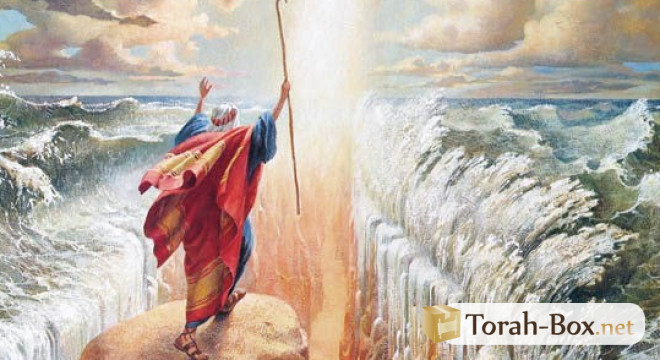
Our Sages
Moshe Rabbeinu Bequeated Us a Way of Life
On the occasion of the Hilula of Moshe Rabbeinu, let us explore together one of the facets of our master Moshe’s personality, which he bequeathed to all the children of Israel. It is written; "Undertake the vengeance of the Bnei Yisrael against Midian, then you will join your fathers.'' (Bamidbar 32:2)Hashem had just informed Moshe Rabbeinu that his death depended on the fulfillment of his ultimate mission; to wage a punitive war against Midian. In other words, until he would fulfill this mission, he would not die. It is for this reason that the verse tells us that the people reluctantly sent soldiers to lead this battle, knowing full well that the death of their master, Moshe Rabbeinu, depended on the accomplishment of this task.
But Moshe, on the other hand, takes no account of this and hastens to send people to the battle, as Hashem had commanded.
What motivated Moshe Rabbeinu to act this way?
The answer to this question may be found in the following verse:
'Moshe spoke to the people in this way; provide men for the army, in order that they may go and fight against Midian, in order to carry out the vengeance of Hashem against Midian.' (Bamidbar 32:3)
The Midrash emphasizes the change found in the words of Moshe Rabbeinu: he says, "the vengeance of Hashem" whereas in the previous verse, we find that Hashem orders him to carry out "the revenge of Bnei Yisrael".
Moshe Rabbeinu lived in order to wage a punitive war against Midian, which was a means of avenging the shame and blasphemy of Hashem's Name which Midian caused by inciting the Bnei Yisrael to sin. This was itself far worse than the dramatic consequence on the people, namely the death of 24,000 people because of Hashem's wrath.
Seen in such a way, there was no question of Moshe Rabbeinu delaying the fulfillment of this command, even if it would accelerate the moment of his death. He, therefore, hastened to fulfill, in joy, the will of his Creator.
These words bring us to a further astonishing point:
If the fulfillment of this command was so important in the eyes of Moshe Rabbeinu, how is it that he delegated Pinchas and Elazar to lead the battle, while Hashem's order was explicit: "Realise the revenge of the Bnei Yisrael against Midian ...'' which means realize by yourself?
This question has already been addressed by the Midrash Rabbah and Tanchuma.
Indeed, on the verse "Moshe sent them ..." our Sages ask: Hashem asked Moshe to carry out the vengeance by himself, and then delegates other people to do it?
In truth, Moshe Rabbeinu grew up in Midian, and he, therefore, felt that it was not proper for him to strike those who had been good to him. Indeed, there is a proverb; 'don't throw a stone into the well from which you drank.' We can learn from here the importance of the quality of gratitude.
Moreover, what do the inhabitants of Midian represent, and what is the good that they lavished on Moshe Rabbeinu, in the face of the fact that they incited Bnei Yisrael to sin and caused the death of 24 000 of them by the wrath of Hashem? Is this crime not terrible in comparison to the "goodness" that they lavished on Moshe Rabbeinu?
We learn from here that in spite of everything, the quality of gratitude takes precedence over other calculations and does not let Moshe Rabbeinu go out to war against his benefactors.
The eagerness to perform the Mitzvot of Hashem must not overshadow the rules of knowing how to live!
Torah-Box.net Account
To access the entire Torah-Box.net website, sign up for free in less than a minute.
Weekly Parsha
 Candle Lighting - New York
Candle Lighting - New York
Friday December 26th, 2025 at 16:16 *Shabbat ends at 17:22 *
change my location
* Times given as an indication, check the times of your community











